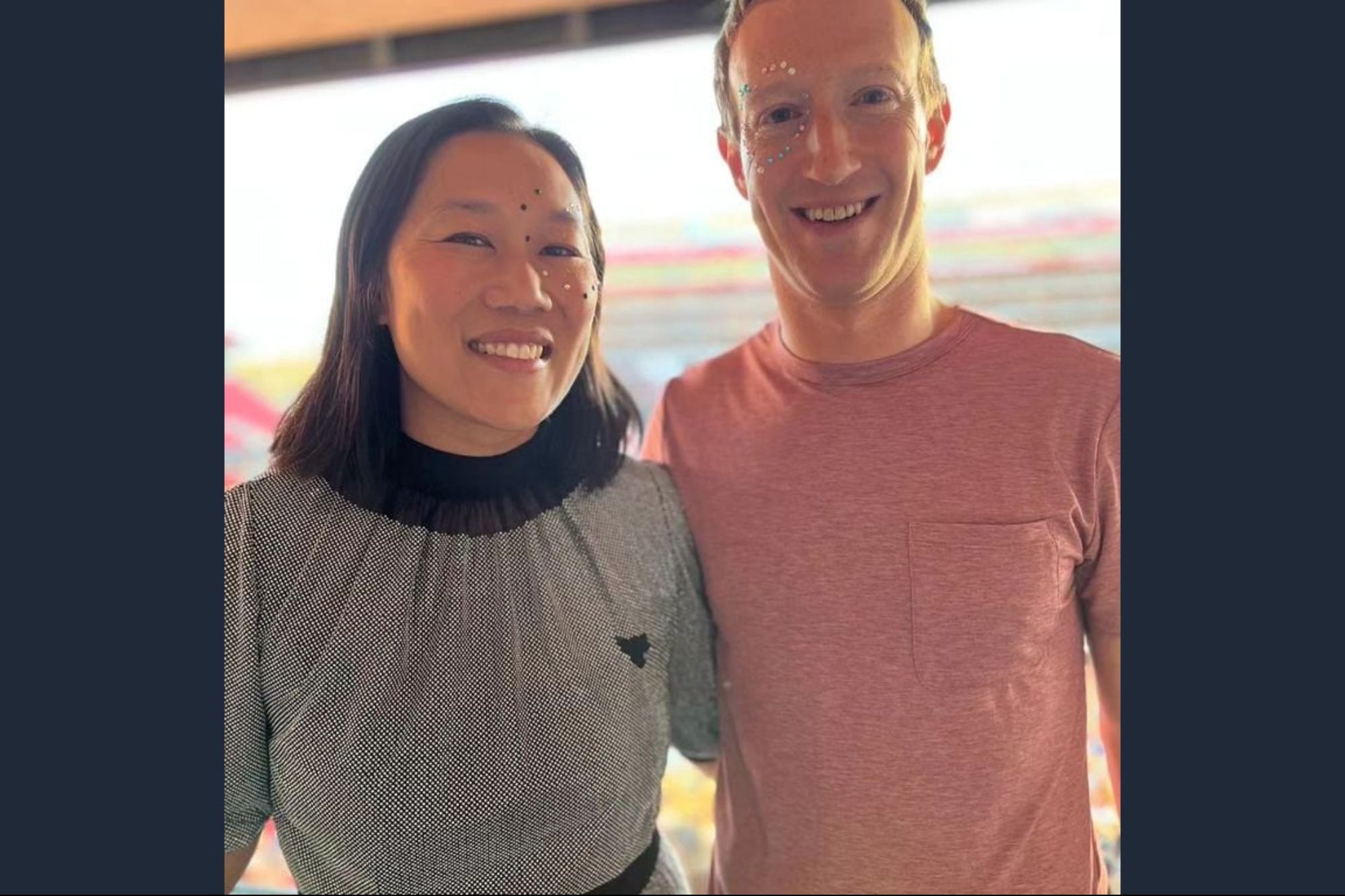Flipkart Lands in Walmart's Cart AgainBinny Bansal, the co-founder of Flipkart sells his shares worth Rs 530 crores to Walmart
You're reading Entrepreneur India, an international franchise of Entrepreneur Media.

In the e-commerce world there has been a lot of turbulence going on since last year. In a recent report Binny Bansal- the co founder of flipkart sold his shares worth Rs 530 Crores to Walmart. According to media reports, he has transferred more than Rs 5.39 lakh of his Flipkart shares to Walmart's Luxembourg based entity, FIT Holding SARL. It has reduced the Bansal's holding from 3.85 percent to 3.52 percent.
The report further adds that Binny Bansal has monetized a small amount of his share for cash consideration of approx $76.4 million. Let's take a quick look at how the great flipkart walmart saga unfolded over years.
Flipkart Story Over the Years
Flipkart公司在2007年发现了萨钦邦萨尔和Binny Bansal. The two IIT- Delhi engineers quit Amazon and laid the foundation for Flipkart with online bookstore with capital of 4 lakhs. Flipkart became a distinct brand in e-commerce space and expanded to include different categories including electronics, men and women lifestyle, apparel and more. It also acquired Myntra in 2014 as it recognized the growing fashion market . Together, Flipkart, Myntra and Jabong held 70 percent market share of the online business in India in 2018. Flipkart also bought payment startup PhonePe in 2016.
Walmart vs Amazon
In 2018, Flipkart was acquired by retail giant Walmart for $16 billion, making it the world's biggest e-commerce deal. Amazon and Walmart, both of them were in talks with Flipkart about the possible acquisition but latter cut the deal. Walmart and Flipkart were also in discussions to add potential investors as Softbank and Naspers made an exit after the deal. Although shares of Walmart tanked after the anticipated deal, it actually expected Indian e-commerce market to grow four times the rate of overall retail in the long run.
In 2016, Binny Bansal became the CEO and Sachin Bansal made an exit after the acquisition of Flipkart. After just a year of acquiring Flipkart, the global giant might exit as the Indian e-commerce player plans to raise money in US markets. Bansal who was accused of personal misconduct had already exited from all operation roles last year is already cashing himself out. As the Indian e-commerce market rules are becoming tighter and as per new rules global players like Amazon and Walmart-Flipkart are barred from selling products from vendors they own a stake in. The market share of current players is under threat with new players like Reliance entering the market.
Although Walmart acquired Flipkart with 77 percent stake back in 2018 but with the recent cashing out of shares by Binny Bansal shows it once again landed in the cart of Walmart.













